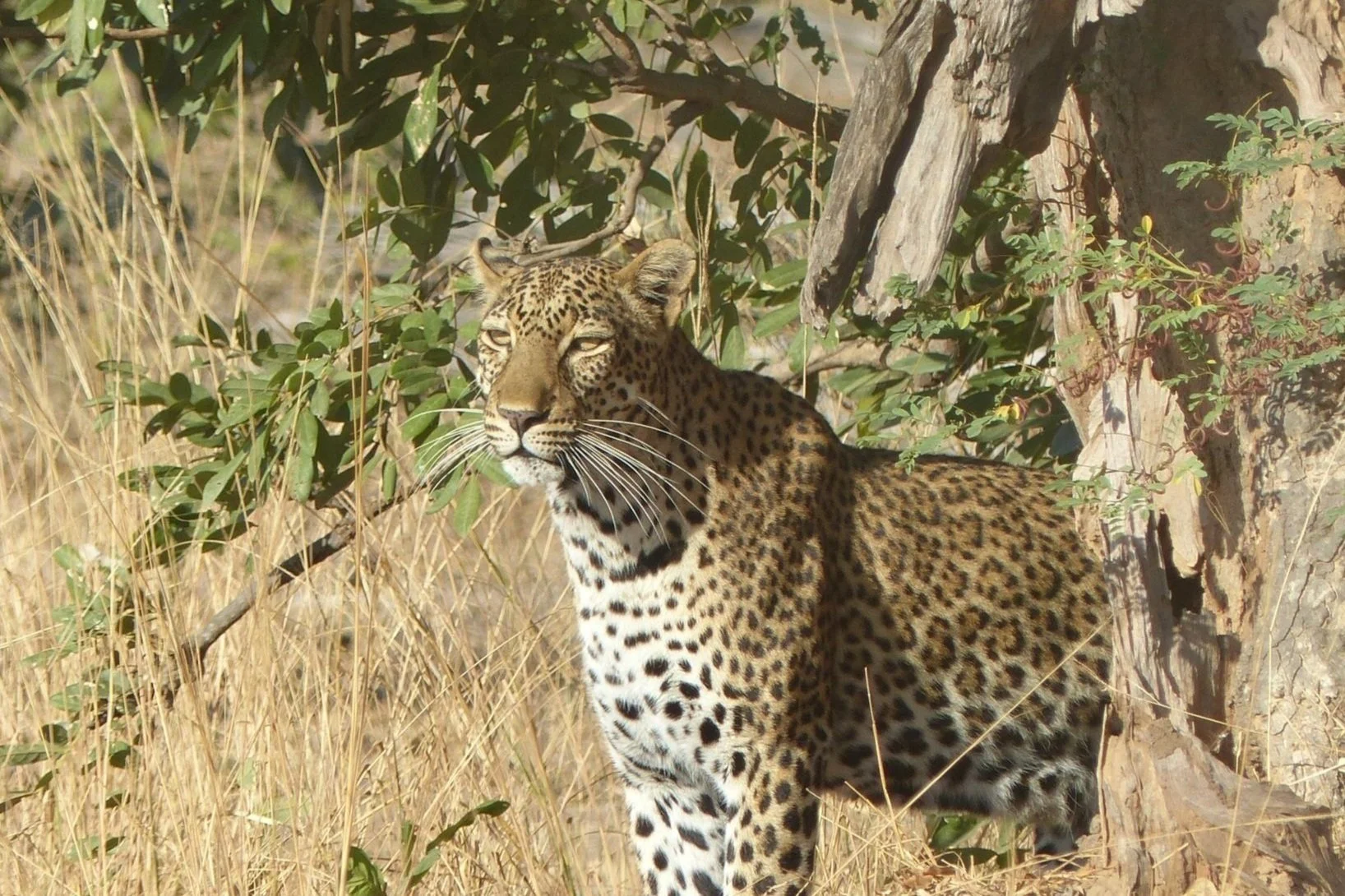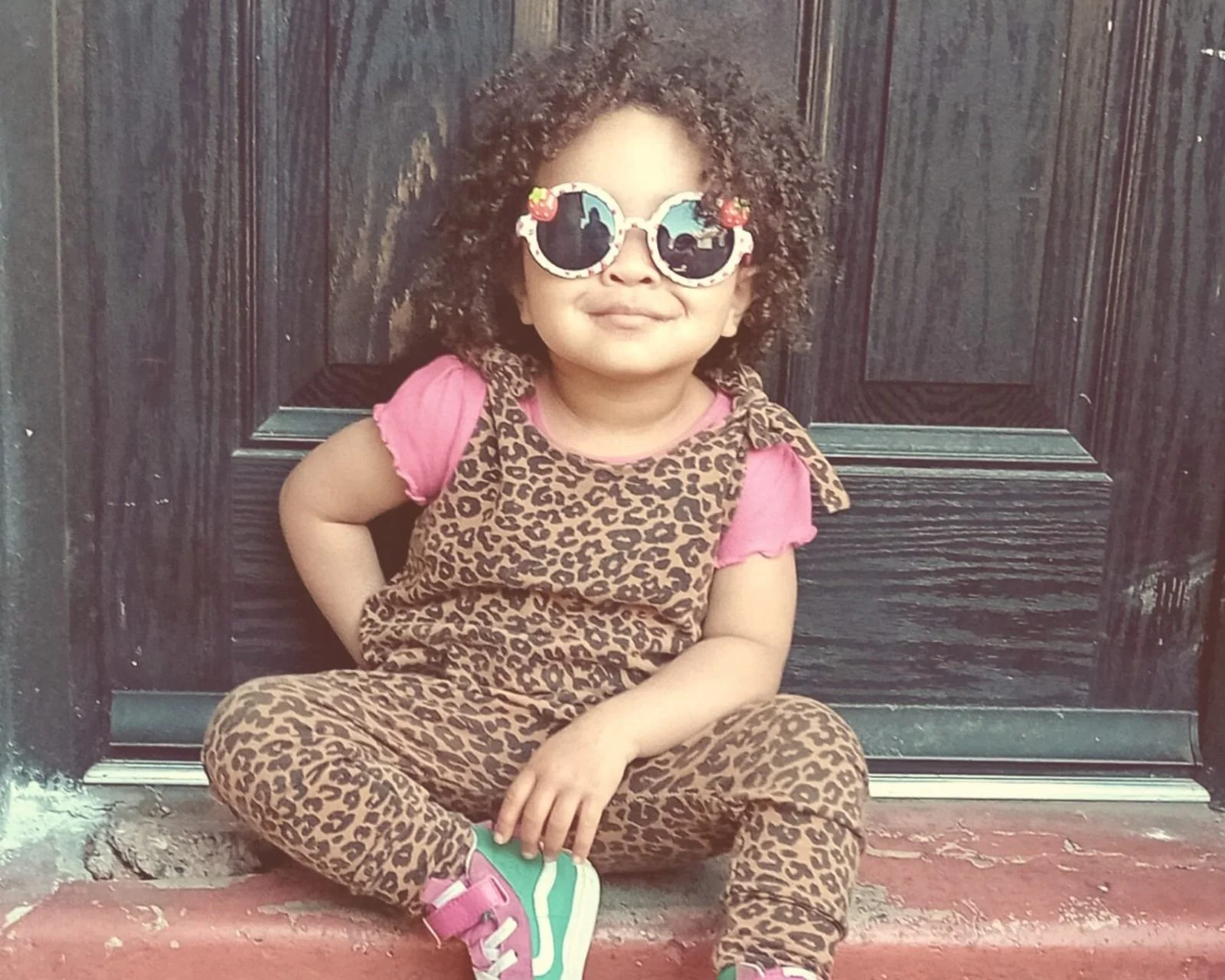My name is Brilliance
Hello, my name is Brilliance.
I was visiting for the first time a local NGO called Mulberry Mongoose and the young woman introducing herself was the manager. Immaculately turned out with a pretty face and a dazzling smile, I was momentarily taken aback. Brilliance. What a perfect name.
Somewhat embarrassed by my own, rather pedestrian name, I introduced myself as ‘Sue’. Brilliance tried to repeat it back to me, to check she had understood correctly, and as many Zambians do, seemed to have trouble with pronouncing ‘Sue’. It’s short for Susan I explained.
This solved the problem, and we went on to enjoy half an hour together exploring the workshop and the showroom where they convert snare wires into jewellery. Their marketing tagline is Beauty from Brutality.
Leopards get caught in snares…
Every time I drive past their workshop and see those words on the billboard my toes curl just a little. I know what they’re trying to convey, but somehow it just isn’t appealing. I know the money they earn goes towards preventing poaching and snaring but Beauty from Brutality feels like an odd way to look at it.
Can you really make something beautiful from something brutal? Take a hangman’s noose, for example. Would I want that fashioned into a basket in which I stored my children’s toys? What if bullets gathered from the battlefields of Ukraine were melted down to make wine goblets? If I knowingly put one to my lips would I choke on the rage of lost souls? There are some items that have happier histories, ones that I choose to keep for sentimental reasons.
Bushbuck are often the target for poachers
I have a pop sock that perfectly contains every single Diners Club and Standard Bank credit card that my Father ever owned. A history of his financial life in expired plastic cards. The pop sock was his idea. I found it after he died when I was clearing out his loft. The cards have no value now of course, but my Father kept them, diligently adding them to the sock as they expired. It expanded to comfortably contain what must be fifty or more.
The question that came to my mind when I discovered it, was not why had he kept the cards, but where on earth did he get a pop sock? He lived alone, so it was not as if it had once belonged to his wife, or girlfriend. Had he gone out and bought a pair specifically for the purpose of storing old credit cards? Or was this single pop sock the only clue to his double life as a woman?
Occasionally I get comfort from shaking out the cards and flicking through them like a deck of fifty-two. His life in plastic. The earlier ones would have been used for purchases he made for my sisters and I, for Christmas and birthdays, celebration dinners and family outings. Somewhere in there, would be the one he used to pay for the extravagant trip with my mother to London, to see the stage-show Evita, a last-ditch attempt to save their marriage. Don’t cry for me Argentina became a theme tune for their divorce.
I couldn’t bring myself to purchase anything from Mulberry Mongoose and I thanked Brilliance for her time. She gave me a generous smile that didn’t betray the slightest frustration at not having made a sale. I wouldn’t have a problem remembering her name, I thought as I climbed into my car.
Remembering names has been a challenge for me since moving to Zambia. Perhaps it’s because I’ve had so many new things to remember, moving continents and starting two different jobs within fifteen months. In some weeks I might have twenty or thirty new names to contend with and often they are not familiar words to me. The Zambians are wonderfully creative with names: Truephonia, Treaser, Esnart and Besnart, and Elezed. As a child in Lusaka in the 1970’s I remember we had staff named Persil, Pencil and Knife. It was common in those days for Zambians to name their children after popular western brands or items - the townships were littered with Cokes and Pepsis. I much prefer the names I’m hearing now.
My own ancestors weren’t afraid to be creative with names. My great grandmother, pregnant with her eleventh child, became so fed up with people suggesting names – ‘why not call it.....?’ - that she named her child Whynot. Unfortunately their surname was Curl.
This tradition of quirky names continued, with my grandmother being named Gloucester, after the English city from which her forebears emigrated to Africa. Long before India, Brooklyn or Phoenix became popular, my immigrant forefathers were remembering home through their children’s names. As each of my own grandchildren were born, I walked the tightrope of being involved in the choosing. Of course, I wanted to have the final veto. What if names like L’Oreal or Verjonica were on the table? Or heaven forbid, Chardonnay….
My inner snob begged for names that would not define my grandchildren in a low socio-economic class. I wanted names that would never cause me embarrassment. If little Chardonnay wandered away from me in a shopping centre, could I bring myself to report her missing? I would love her obviously, but that toe-curling moment at the information desk when I confirm that Chardonnay is my granddaughter and her name is announced over the tannoy? I might have to just leave her there. I’m sorry darling, I would tearfully say to my daughter, they just couldn’t find her. Perhaps you’ll have better luck if you name your next child something less...common.
Gloucester and Whynot were on my mother’s side of the family. My father had his own cross to bear; he was given the first and middle names of John Thomas. What were his parents thinking? To ensure complete humiliation, they packed him off with his little brown suitcase and embarrassing name to an English Public Boarding School, where no doubt he suffered the butt end of every schoolboy penis joke. As soon as he was old enough, he changed his name by deed poll.
Fortunately, my son and my daughter have sensibly named their children and I was given the privilege of being allowed to offer suggestions. But as I walked away from Brilliance, I kicked myself for not having had that one up my sleeve as a wild card.
My Granddaughter, looking brilliant.
Here in Zambia, I’ve realised I need to have two or three interactions with someone before the names really stick. As one of a few white people here, and certainly the only ‘Sue’, I am frequently embarrassed because people remember me, even if I’ve met them in the briefest of encounters many months ago. At the market, someone might approach me calling out ‘Sue!’ like an old friend. I turn and smile, my face frozen as I mentally rifle through the range of possibilities. Often, I just don’t recall them at all and have to ask them to introduce themselves.
‘I am Priscilla. I sold you the pots.’
‘Oh yes!’ I reply, ‘I remember now. I am sorry, please forgive me. How are you? ’
I bought the pots six months ago.
Having started a new job recently, I have a whole new team of employees to remember. I’ve turned it into a game, greeting everyone by name on a Monday morning as they enter the workshop. If I get stuck, I ask for the first letter, and if I really can’t remember they have to tell me. I get a round of applause and huge smiles when I get it right first time. I have secret strategies to help me – there’s King Richard, and President Kennedy, Nice Nellie, Short Simon, Hefty Harrison, and Steven, my Husband’s name. In Zambia, greeting people properly is culturally very important, more important even than saying ‘thank you’. You risk offending someone if you don’t take thirty seconds at the beginning of a phone call to exchange pleasantries. Even if you were calling the ZRA – the Zambian Tax Authority - you would be wise to take a moment to ask how the person is, before launching into your complaint.
My father was impeccably polite. Raised in the colonial upper middle class of Britain in the 1950s, he instilled in me the manners I strive for today. Being unable to greet someone properly touches a nerve buried deep in my upbringing. Panic sets in as I’m being introduced and sometimes the name is lost to me even before our handshake is released.
I’m still a stranger here in Zambia, even though it feels like home. I’m a blank page to all those who meet me; they know nothing of my history, only my name. And while that offers a degree of liberation from the past, it can also feel as if I’m untethered, floating without the anchor of my own history. While I might flirt with the idea of reinvention, it feels like too much effort to try and be someone else.
Hello, my name is Sue.


